
When we think of 9/11, aren’t we all aghast by the senseless madness of evil? And don’t we all mourn the innocent victims, while we salute the heroes who ran into danger?
Shortly after the attack, I visited my son in New York City. He had not yet gone to the site, explaining only that he could not. So, I walked alone through the Lower East Side, silently praying.
The stench of the remains of life confronted me, while the air hung heavily with debris. As I walked I came across a mountain of flowers, in front of a FDNY Ladder Company. Most of its crew had lost their lives, risking everything in the hope that they could save even one. In that moment, I understood why my son could not walk these streets, for I, a stranger, could barely.
Going further, I went into the Grand Central Station. The walls of its long corridor were covered with hundreds upon hundreds of photographs of the missing, as well as letters from loved ones asking for help. Old faces, young faces, white faces, black and brown faces – the faces of innocent victims unrecovered.
9/11 is a day of remembrance, and who is not hushed by its solemnness? But it is not simply about remembering the victims; it is about remembering who we are.
Behind the man-made atrocities of life, from the war-torn streets of Aleppo to the terror in an Orlando nightclub and the horror of 9/11, there are those who craft a world of hate and clothe it in rhetoric. Why do we humans listen or follow?
If we could remember who we are, I think miracles would abound.
I leave you with this beautiful message of hope:
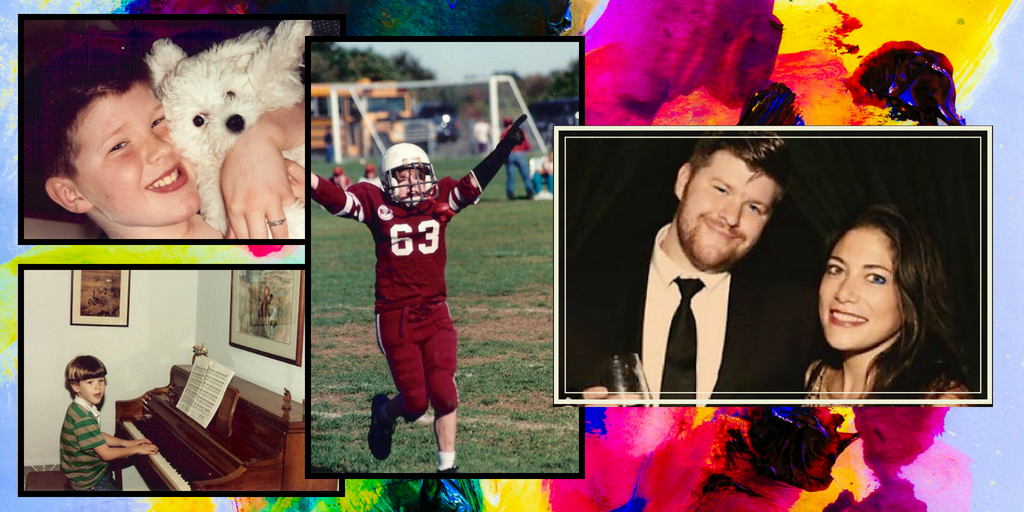

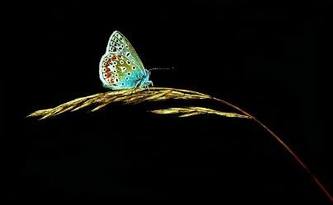
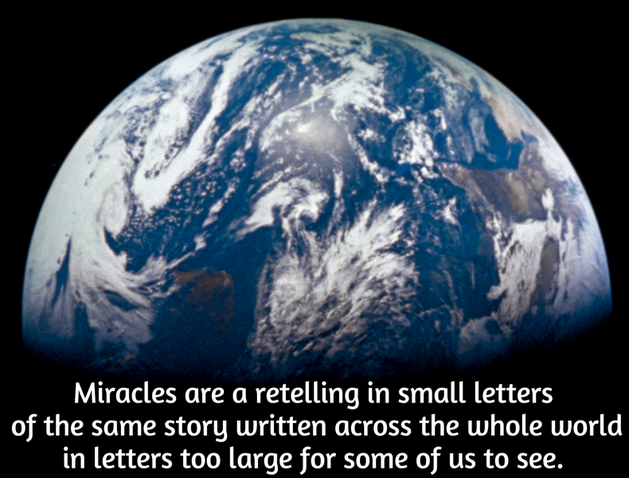
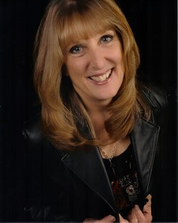
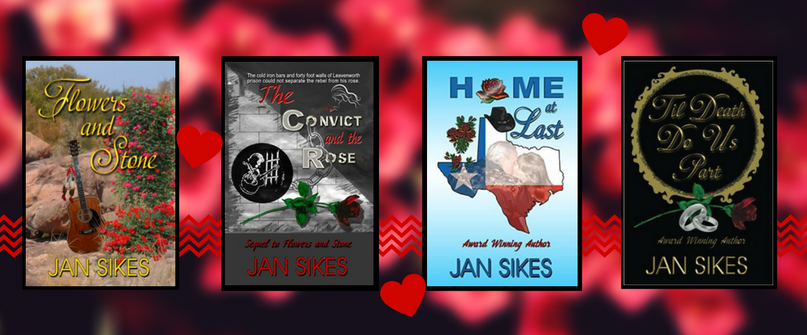

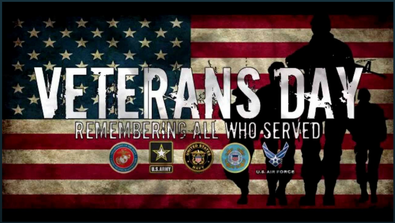
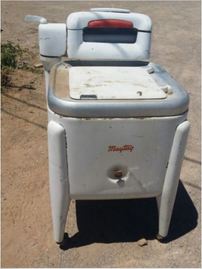
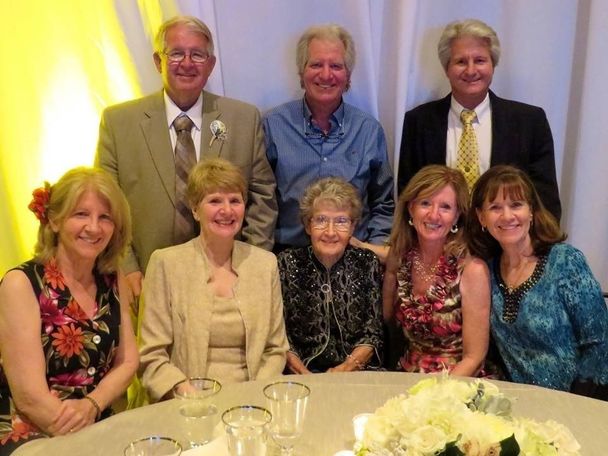
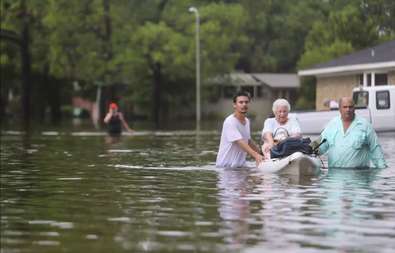
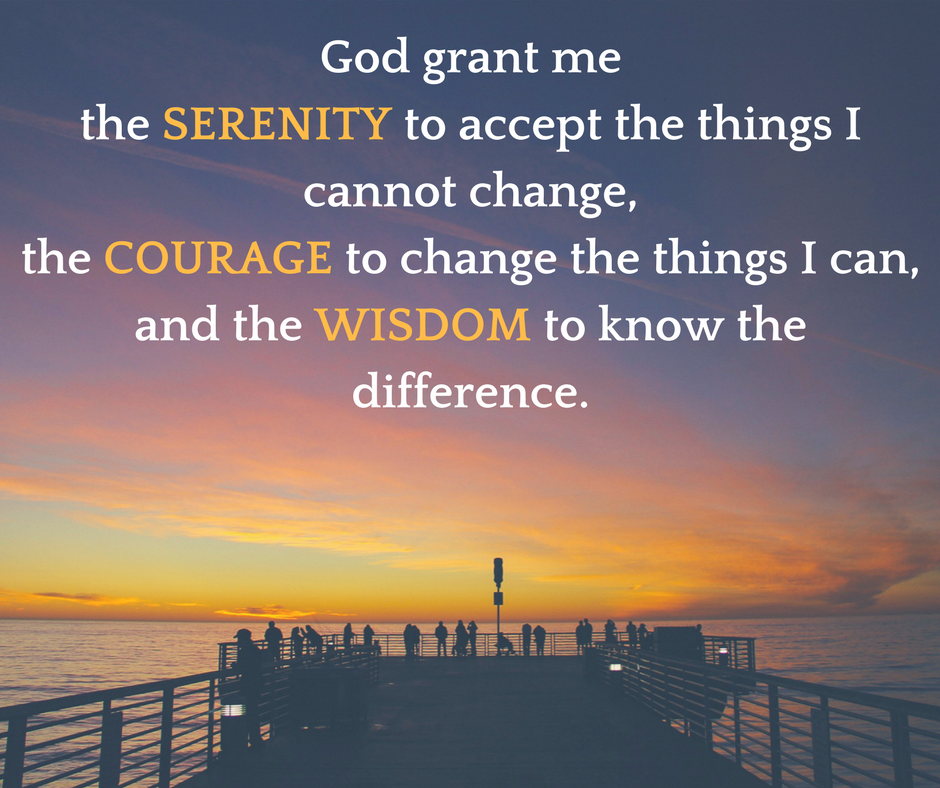
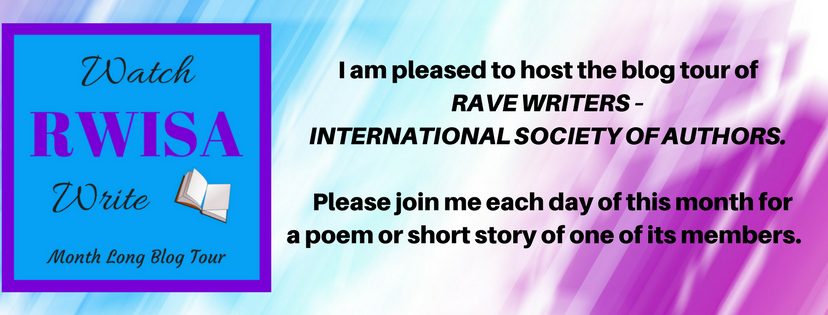
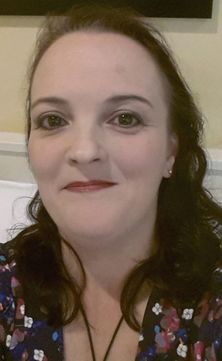

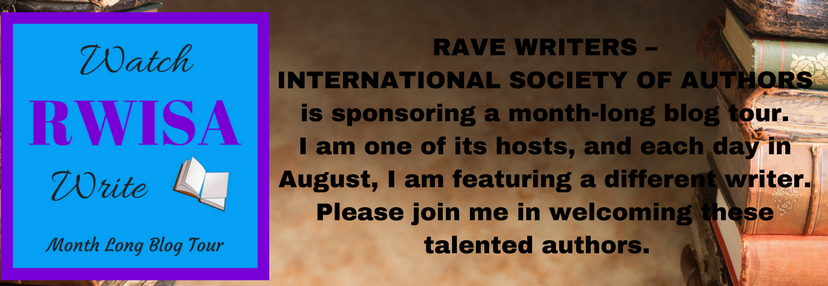
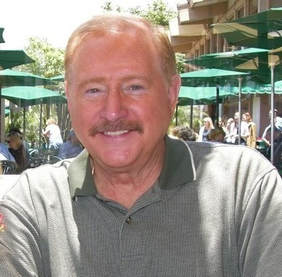


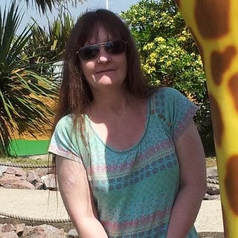

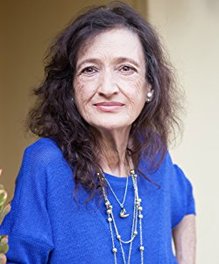
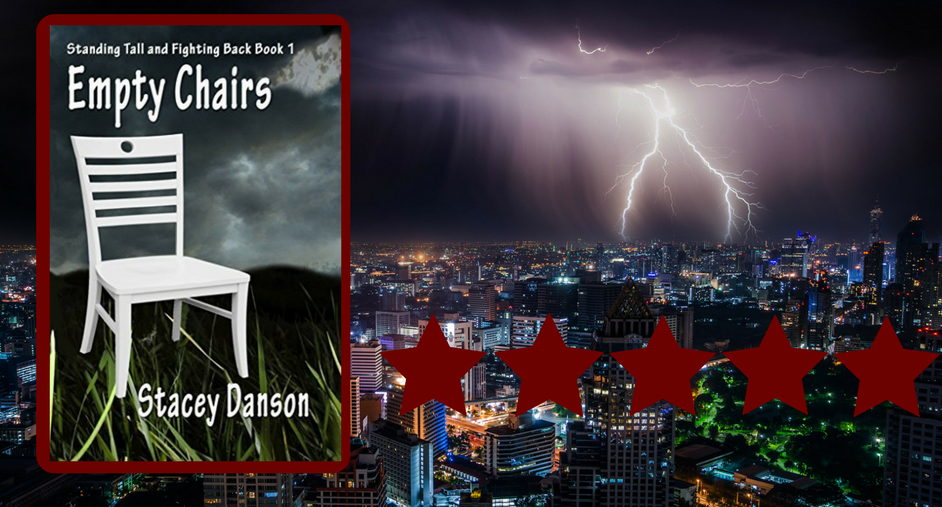

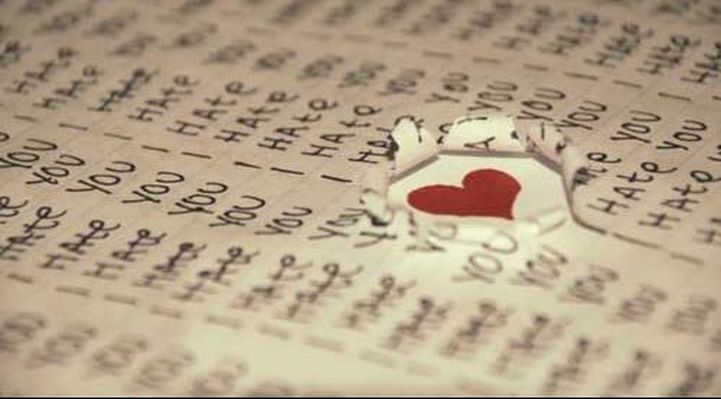
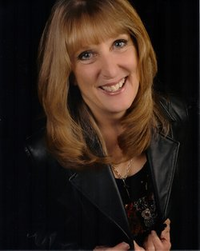
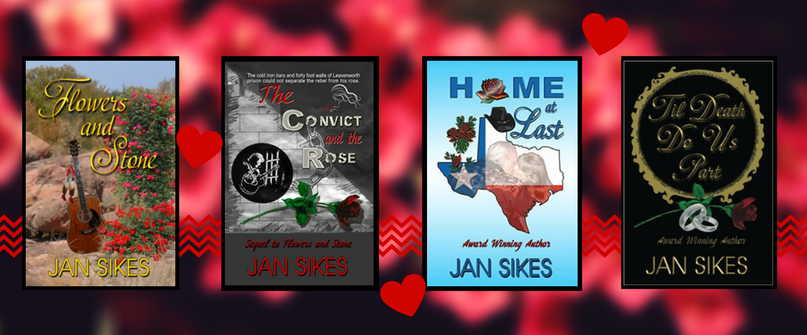
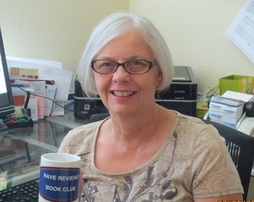
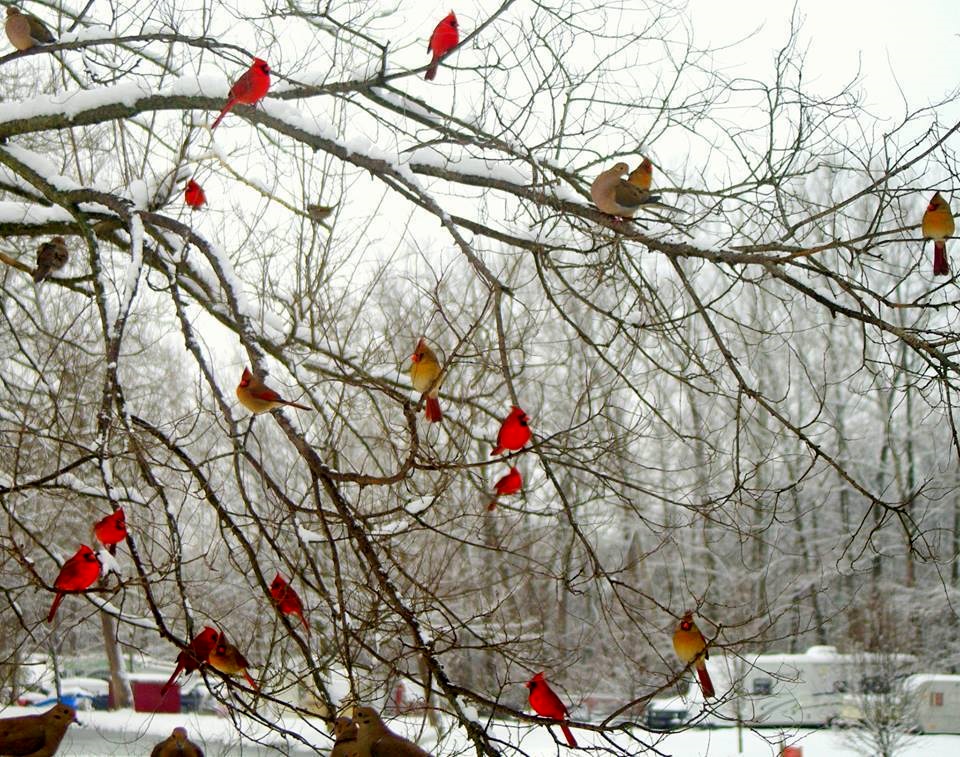
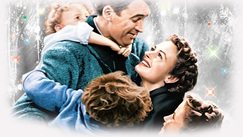


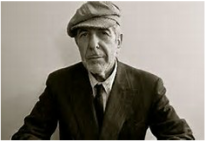



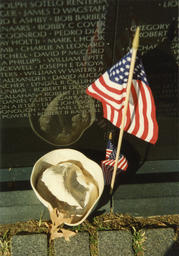
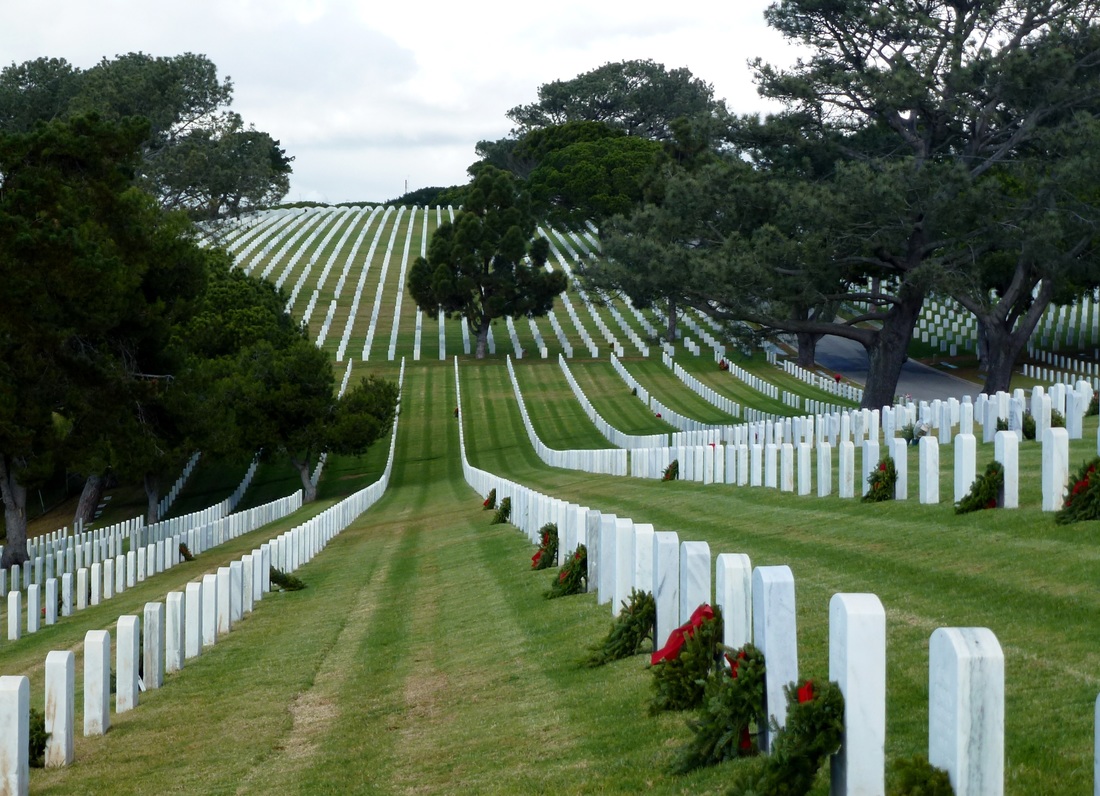
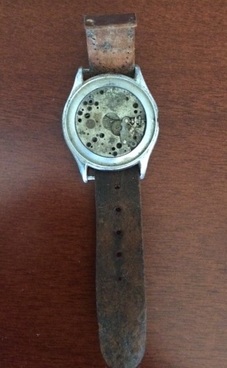
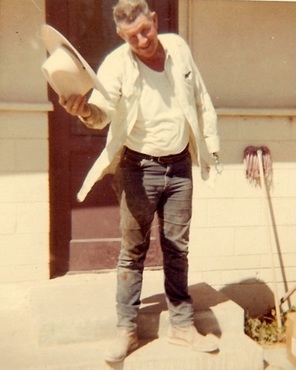

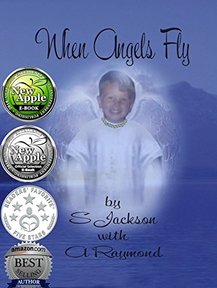
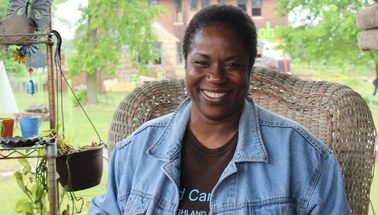
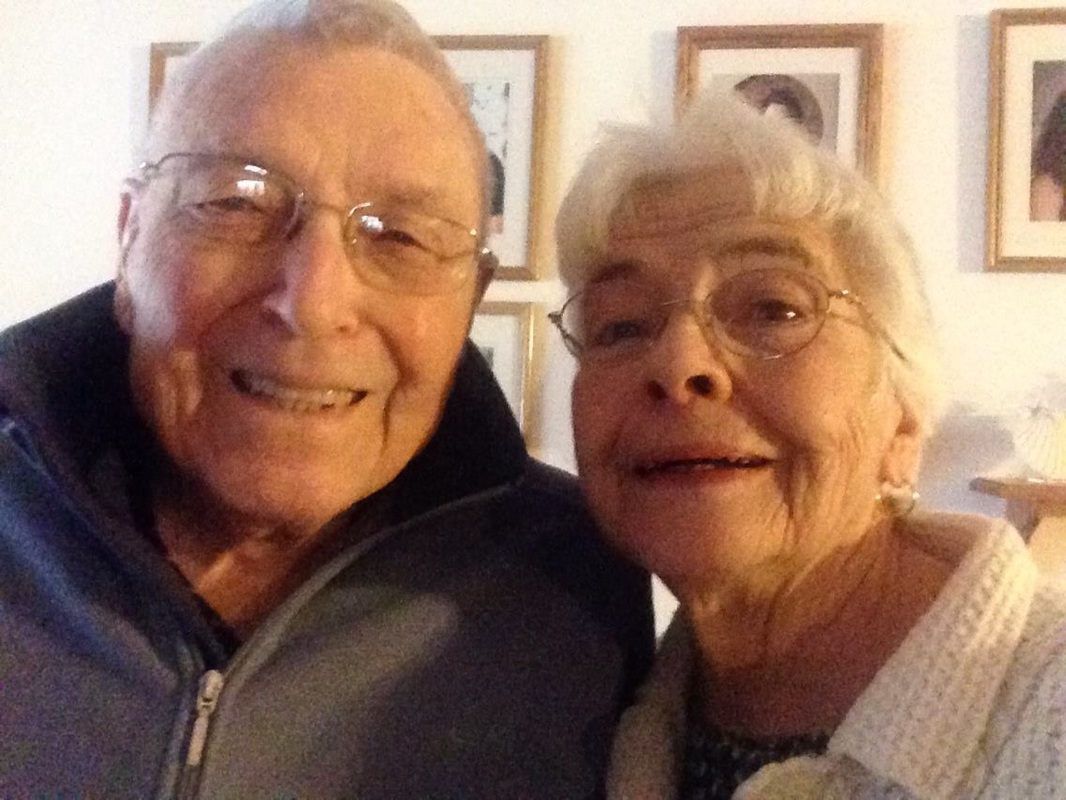

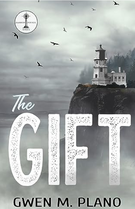
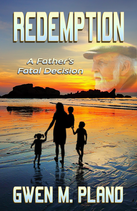

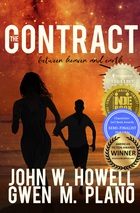
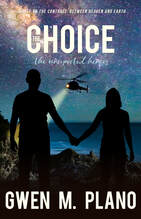
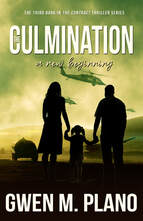
 RSS Feed
RSS Feed